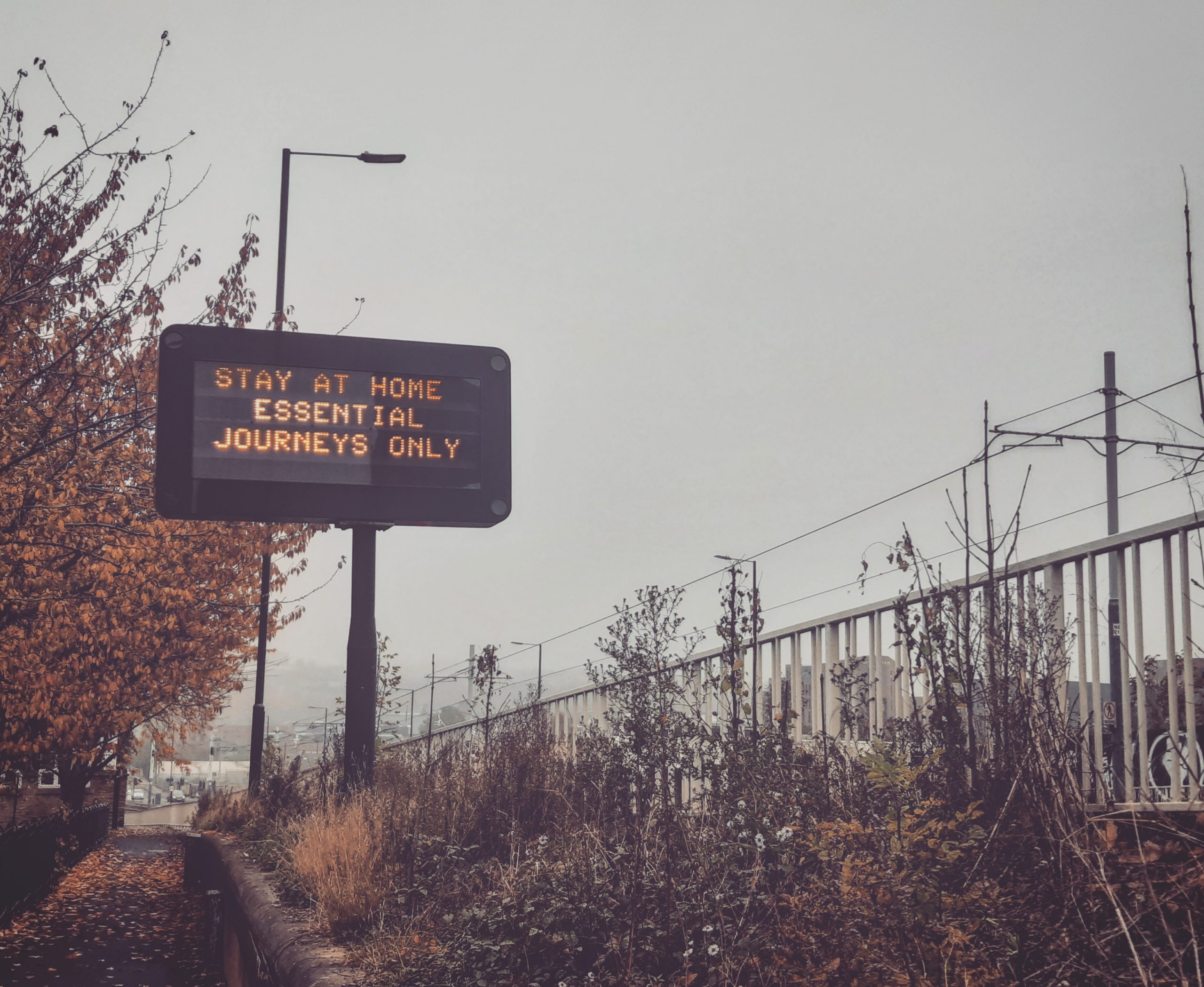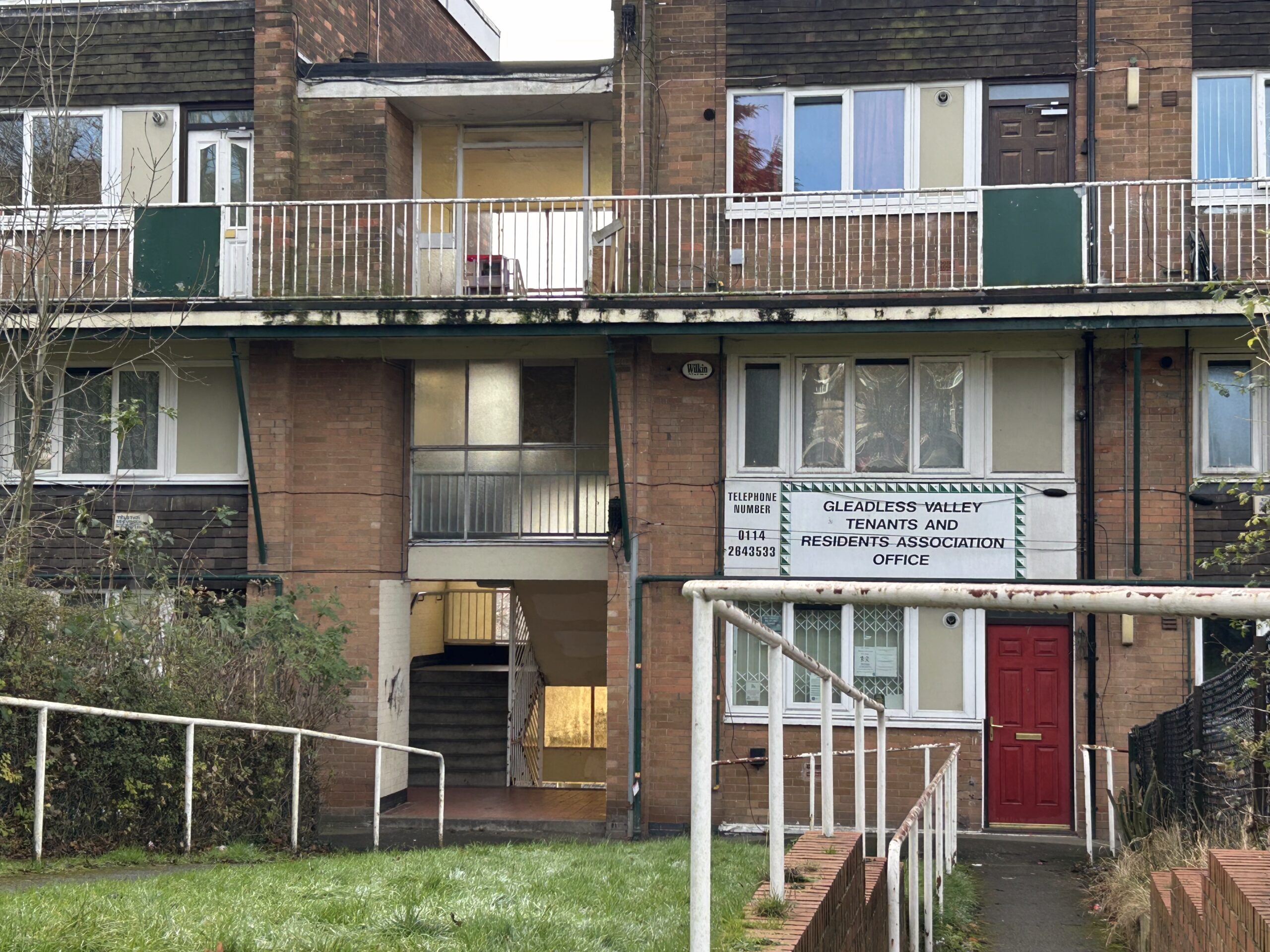Image credit: Ed Brown
This time a year ago, the concept of a ‘lockdown’ didn’t really mean much. Since then, it’s come to have a profound and unprecedented impact on all of our lives. But you shouldn’t be surprised if you feel like you’ll miss it at least a little when it’s all finally over – in fact, you’d be in the majority.
A YouGov poll conducted on 1 March reported that 45 per cent of people say they will miss “some aspects” of lockdown, with eight per cent saying they will miss many aspects of it. In comparison, only 42% of people say they won’t miss any of it at all.

Source: YouGov
At first, this might seem peculiar. For something that began on 23 March as a trifling three weeks off work and an excuse for a G&T before lunchtime, lockdown soon escalated into a defining feature of the pandemic and the 2020 experience at large. For many, it has been gruelling, intrusive and uncompromising. That people expect nostalgia for a period accompanied by record-breaking loneliness and the worst recession in 300 years is sure to raise more than a few eyebrows. But it’s less of a mystery if we take a look at the sort of lives that most of us were leading beforehand.
Prior to the pandemic, Britain boasted the worst work-life balance in the EU, and most Britons were officially sleep-deprived (we caught an average of just 6.8 hours a night, falling short of the recommended threshold of 7). Living at home all day is not easy – but neither is living at work, especially when only half of working people could even say with certainty that they believed their job made a meaningful impact on the world.
For many people, a key component of the lockdown has been focusing on skills and interests they simply would not have had the time to indulge otherwise.
“I wanted a hobby that would be useful to me later in life and would occupy my time in a more fulfilling manner than being sat on the Xbox,” said Joey Holmes, 23, who used the opportunity presented by lockdown to start making woodwork.
“Before I knew it, I’d accidentally applied myself to something, and practised to a point that people wanted to buy them,” he said. Joey has now set up his own business, Holme Valley Woodworks.

An example of Joey’s woodwork. Dog not included. (instagram: holmevalleywoodworks)
Joey’s experience seems to be a trend. Wendy Andrews, 45, used her lockdown time to write her book How To Recover From Pet Loss as part of her mission to combat disenfranchised grief. Pet bereavement, she said, is not taken seriously enough at the best of times, with grieving owners often thought to be overreacting; but “lockdown has exacerbated feelings of grief for many, as they don’t have access to their usual support network of friends, family, and work colleagues.”
Wendy is not alone in using lockdown to focus on mental health. The increase in free time has sparked a renewed commitment in maintaining positive mental wellbeing.
Hannah Walton, 21, is remarkably candid. “The year before, I was in a deep depressive state and didn’t think I’d achieve anything important with my life,” she said. When the pandemic hit, Hannah started volunteering for organisations supporting students and young people. She eventually started the One/Third Project, a student mentoring programme which works with young people who have suffered disadvantages or disruptions during their education.
“I learned how to be more patient with my growth as a person and how to embrace my solitude,” said Aditya Tiwari, 22. “I read a lot and wrote too. Eventually, I wrote a book of poems that captures both the possibilities and challenges of the non-metropolitan queer perspective from central India.”
Susan Eckert, 51, spent lockdown pursuing further education to create a program aimed at helping women overcome stress, anxiety, and low self-esteem. “I feel blessed that I was able to leverage the downtime in such a positive way that will ultimately enable me to help others,” she said.
But – importantly – people didn’t need to turn to business to work on their mental health. “Things around me came to a halt, giving me time to breathe and just be – without feeling guilty about it,” said Snigdha Bansal, 23.
Others simply used their lockdown time to pursue hobbies and aspirations which would have otherwise been difficult or impossible. Gemma Bainbridge, 22, used her time to research midwifery courses. “The amount of practice I was putting in paid off, as I interviewed for my first choice university and got in first time, even though midwifery is a super competitive degree,” she said. Natasha Rose Mills, 33, focused on publishing her children’s book, Mr Broccoli, whilst Zofia Rogers, 20, taught herself how to DJ.
Lockdown has provided the unique opportunity for us to develop our skills on our own terms in a way that life beforehand didn’t quite allow. Is there a way to carry this advantage beyond 21 June?
“Many of us struggle to combine working 40 hour weeks, being active in our local community, having time for our hobbies, building and maintaining relationships, and keeping mentally and physically well,” said Nannette Youssef, 25, a Green Party Councillor for Norwich City Council. Last year, the City Council passed a Green Party motion to demand the government implement a Norwich trial run for a program called Universal Basic Income (UBI).
UBI is a simple concept; cash grants, given by the government to every adult citizen, periodically, indiscriminately, and unconditionally. It’s an idea that until recently was on the fringes of the political conversation, despite successful trial runs throughout the 20th century. Contemporary political figures – notably, Democratic presidential candidate Andrew Yang – have helped push UBI toward the mainstream.
“UBI is so important,” said Coun Youssef. “It is a wage for existing, not working. A UBI would provide financial security and independence for everyone, including those who do traditional unpaid labour, such as full-time careers or parents.”
“It would mean people can spend more time on education and training, starting their own business without having to worry about paying for basic necessities. It would boost businesses, particularly the small and independent businesses who have suffered the most under Covid-19.”
Debilitating crises like the coronavirus are never easy – but they can bring about lasting, positive change. In 1945, from the devastation of World War Two, Britain’s NHS was born. In 2021, after the struggles of the pandemic, a UBI could be exactly what we need.




